Hyun-Joo Lim, Bournemouth University
Glimpses of hope are visible on the Korean Peninsula for the first time in years. North Korea and the US have held some of their most important denuclearisation talks to date, and the Pyongyang leadership has embarked on what looks like a serious peace process with Seoul. The sight of a smiling Kim Jong-un holding hands with the South Korean president, Moon Jae-in and Donald Trump showed a different side to the North Korean supreme leader, suggesting he does in fact want to see progress towards a happier, more open era.
But while the world’s media focuses on the bravado over denuclearisation, the dire human rights situation inside the regime is being overlooked. Even during the talks, both Moon and Trump avoided directly raising such issues with Kim, eager as they were to achieve their own key objectives. It was galling to hear so little about the lives of ordinary North Koreans – and in particular women.
Many of North Korea’s women suffer daily abuse and injustice, and behind the international politics, there’s no sign that the situation is improving. In my own interviews with both male and female defectors, I heard about the day-to-day inequality, and also the violations of basic rights that women inside North Korea face as a matter of routine.
Trouble at home
North Koreans live in a paradoxical, confused system of gender relations. While Marxist Communism has been the fundamental organising principle of life in the north, Confucian patriarchy has shaped society, too, forming the backbone of North Korean society. Much as happened in post-revolutionary China, the superficial promulgation of equality belies the marked gender segregation of everyday life.
Some interviewees talked about their ordeals in the face of domestic violence. One participant expressed the anger and frustration she felt, as well as her relief when her husband died after more than 20 years abusing her. According to her, there is no redress for North Korean women who are subject to ongoing violence within the household, which is often seen as legitimate treatment.
When the famine began in the early 1990s, it was the women who took responsibility for family survival, going out to sell products and exchange goods. Another participant described how North Korean women often call men in the household “guard dogs” – tough figureheads who stay at home making no particular contribution.
Feeding starving families is largely left to women outside the formal workforce, who are subjected to less government control. These women are left to slip through the official system and get involved in black market trade or informal markets known as “Jangmadang”. Worse, some husbands take the goods their wives buy to exchange them for alcohol, or demand that their exhausted wives bring them alcohol even if their family has nothing to eat. If they do not, they are punished with abuse.
Isolated and shamed
Sexual violence is also a common problem inside the army. Being able to join the Worker’s Party of Korea is an essential pathway to a secure, successful life in North Korea, and a major reason for women to join the army is to become a member of the party. Senior male officials frequently exploit this as a means to manipulate and harass young women, threatening to block their chances of joining the party if they refuse or attempt to report the abuse. Out of fear, most women suffer in silence.
Female hygiene also remains a serious issue. Female soldiers are not given the chance to wash or change during training outside; my interviewees talked about women in the army being given wound dressings to use instead of sanitary towels. Things are even worse for ordinary female citizens, who have to make do with any materials available, such as off-cuts from men’s used vests or socks.
If they get pregnant unintentionally, women get the blame. Thus, many pregnant women use a range of dangerous methods to abort: tightening their stomach with an army belt to hide their growing pregnancy, taking anthelmintic medicine (antiparasitic drugs designed to remove parasitic worms from the body), or jumping off and rolling down the high mountain hills. Unsurprisingly, it’s common to find foetuses in army facilities’ toilets.
The gender divide in North Korea is so deeply ingrained – this is a society that has no term for sexual harassment – that women often blame each other rather than men for not behaving appropriately in these situations.
These stories all paint a distressing picture. It seems North Korea’s women are still trapped not only in systemic poverty, but in a deep-seated structure of gender inequality. Hence, we should not forget about the suffering of ordinary women inside the DPRK, hidden behind the glaring headlines of sweet smiles and big hugs between leaders. Denuclearisation is a step forward, but progress on human rights is the leap that’s needed most.
Hyun-Joo Lim, Senior Lecturer in Sociology, Bournemouth University
This article was originally published on The Conversation. Read the original article.

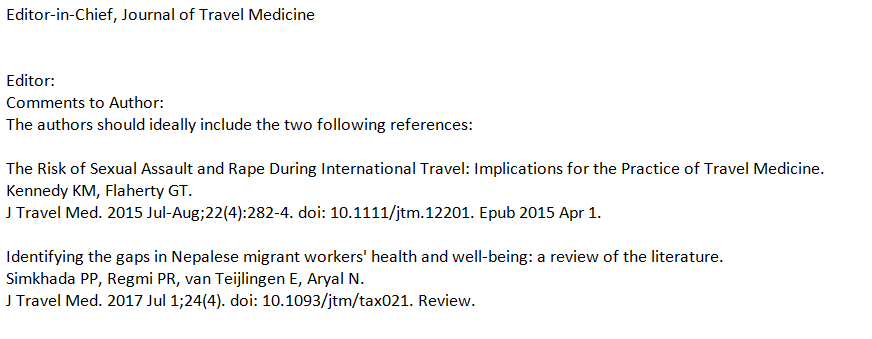
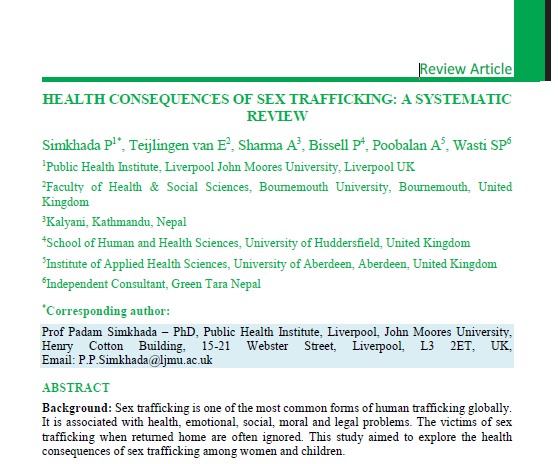
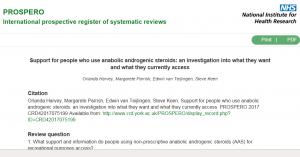
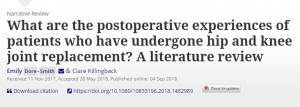
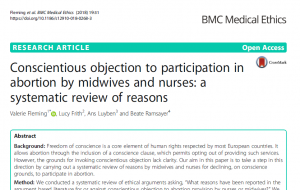
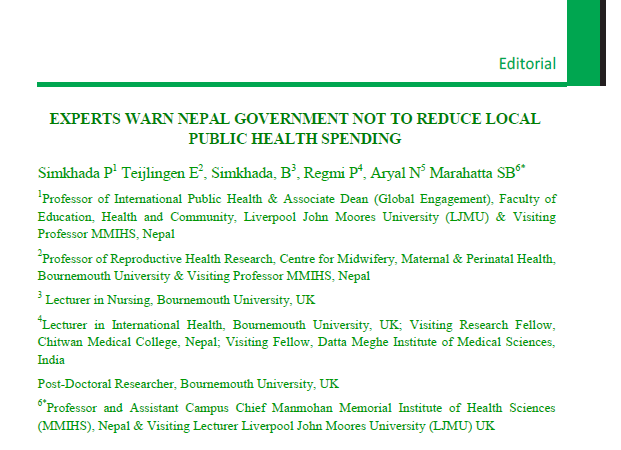

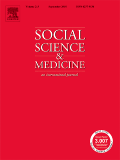
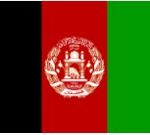

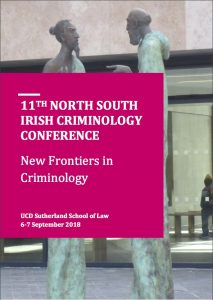


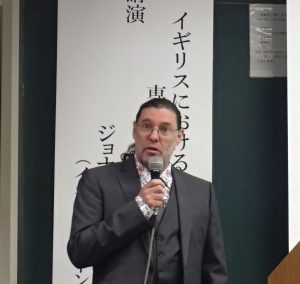
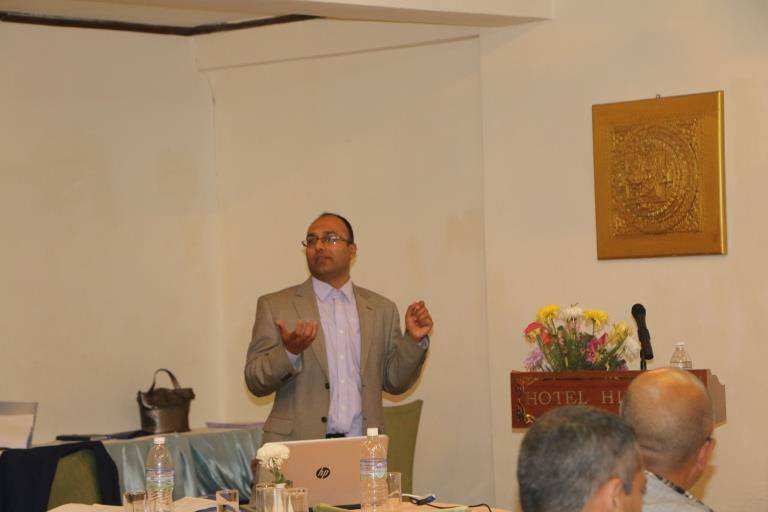
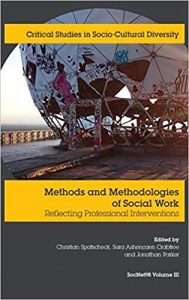

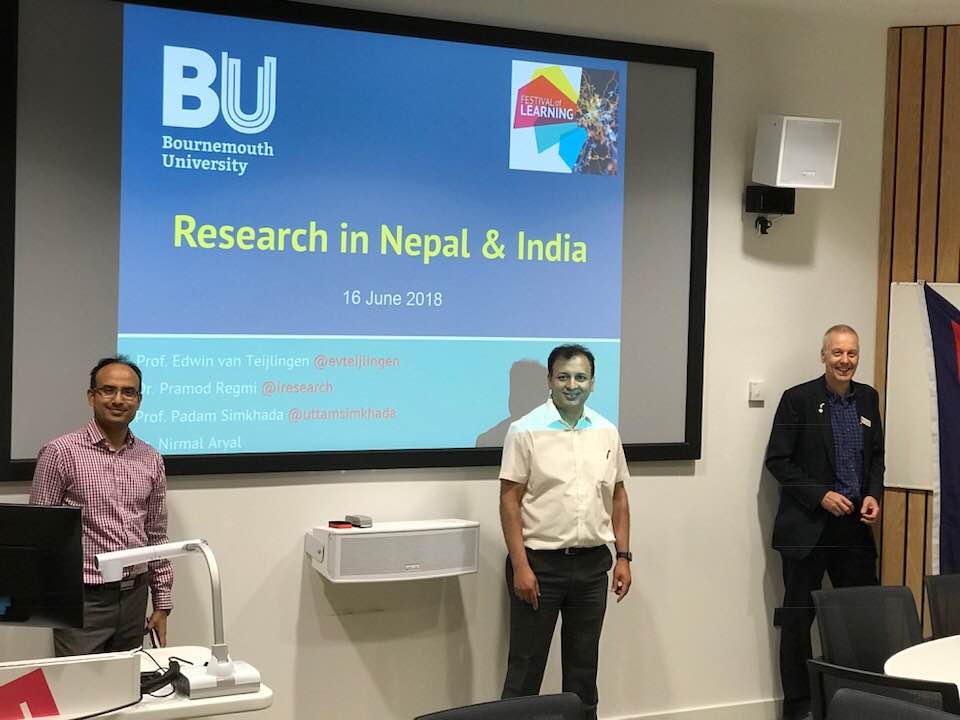













 Fourth INRC Symposium: From Clinical Applications to Neuro-Inspired Computation
Fourth INRC Symposium: From Clinical Applications to Neuro-Inspired Computation Writing policy briefs
Writing policy briefs Upholding Excellence: The Concordat to Support Research Integrity
Upholding Excellence: The Concordat to Support Research Integrity Today’s Documentation Will Serve Tomorrow’s Justice
Today’s Documentation Will Serve Tomorrow’s Justice ECR Funding Open Call: Research Culture & Community Grant – Application Deadline Friday 12 December
ECR Funding Open Call: Research Culture & Community Grant – Application Deadline Friday 12 December MSCA Postdoctoral Fellowships 2025 Call
MSCA Postdoctoral Fellowships 2025 Call ERC Advanced Grant 2025 Webinar
ERC Advanced Grant 2025 Webinar Horizon Europe Work Programme 2025 Published
Horizon Europe Work Programme 2025 Published Horizon Europe 2025 Work Programme pre-Published
Horizon Europe 2025 Work Programme pre-Published Update on UKRO services
Update on UKRO services European research project exploring use of ‘virtual twins’ to better manage metabolic associated fatty liver disease
European research project exploring use of ‘virtual twins’ to better manage metabolic associated fatty liver disease